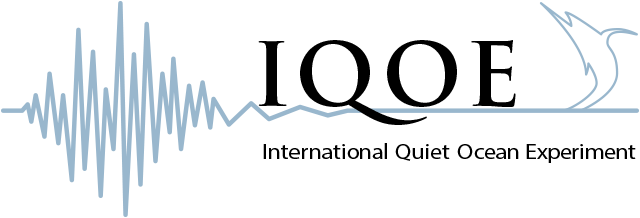Sound provides a powerful tool for studying marine life, ocean dynamics, and human use of marine resources. Passive acoustic technology can be used to non-invasively assess environmental noise levels, surface conditions, human activity, and the distribution and biodiversity of vocalizing marine life. Active acoustic technology provides a high-resolution (in both time and space) measure of biological (zooplankton and fish abundance and distribution) and physical oceanographic processes (internal waves, frontal systems). We propose to combine acoustic information gathered over multiple years with similarly sampled time series of contextual data from space-based remote sensing, hydrographic sensors, and biologic sensors to fully comprehend how human, biologic, and natural abiotic components create the soundscape and ecosystem dynamics of the Outer Continental Shelf (OCS). Measurements made within this research program will serve as a baseline for pattern and trend analyses of ambient noise levels and the ecosystem components contributing to the OCS soundscapes. The outputs of this study will be standardized tools for comparing soundscapes across regions and predictive models for the soundscape of the southeast OCS at water depths of 100-1000 m. The models will allow the project sponsors to estimate the short-term and cumulative effects on the soundscape from changes in human activity as well as ecosystem changes driven by climate change or other environmental factors.
